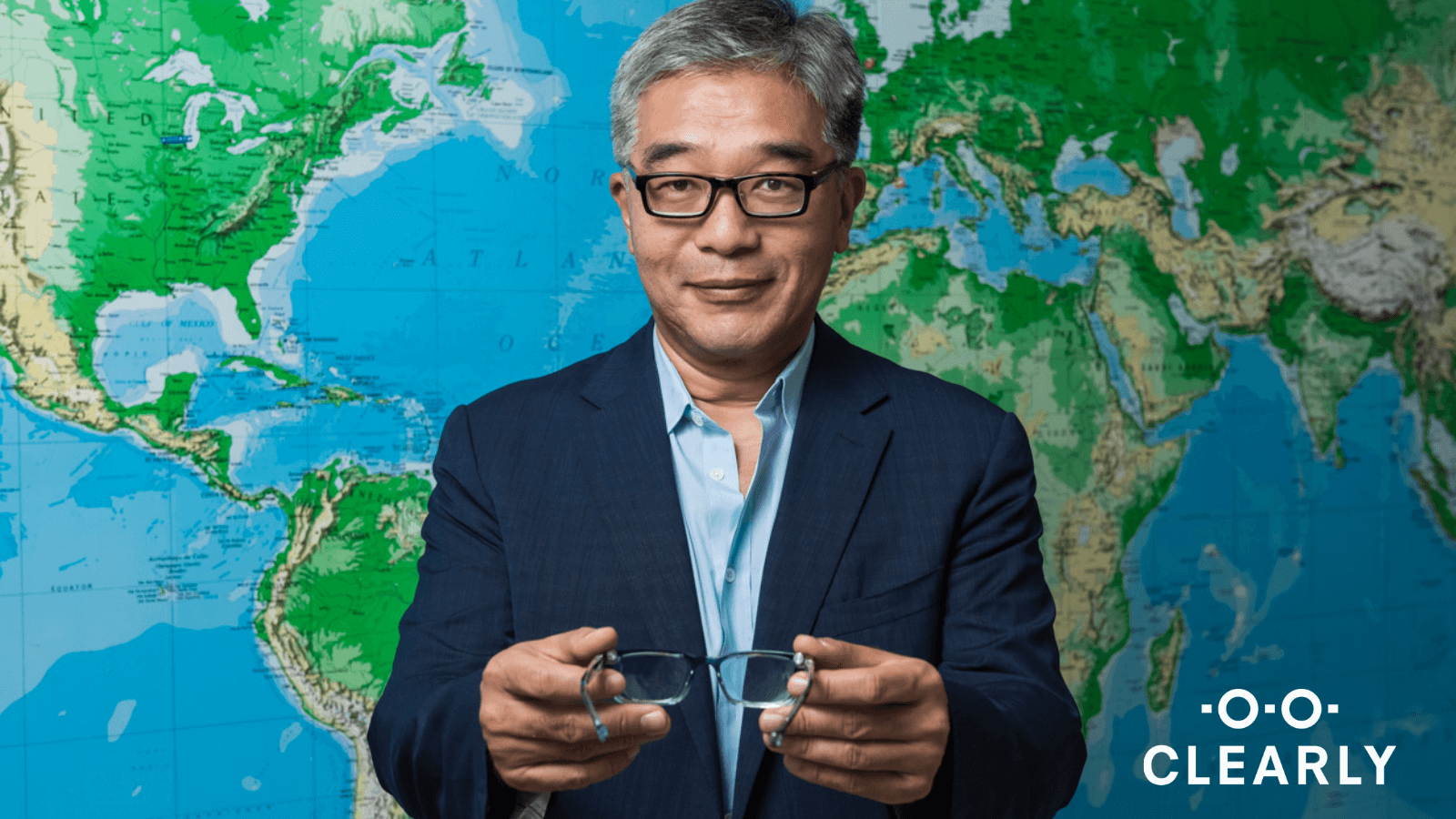For James Chen, philanthropy is about backing moonshot ideas – funding those special projects or programmes that could change lives, or even change the world as we know it.
Unlike the public sector or corporates, philanthropists are in the unique position of owning their capital outright. Rather than acting as guardians of capital, James believes philanthropists have an opportunity – and a responsibility – to use their capital for the benefit of wider society by taking risks in the fields where others can’t.

With great ambition, comes the need for great patience. Backing a moonshot philanthropy strategy does not bring instant gratification. Rather, it requires resilience. Out-of-the-box ideas often fail or need retooling and even if ultimately successful, they often take time, sometimes years, to succeed.
To drive unproven ideas forward, you have to be agile. You have to identify milestones, evaluate progress continuously, and when you face failure, you must see it as a chance to try something new. This kind of resilience is doubly required when working in developing countries.
The pursuit of perfection is a false economy, James says. His personal motto is: “perfection is the enemy of the good enough”.
James focuses on two main causes – poor vision, and childhood literacy. His commitment to these causes comes from personal experience, having grown up in both low and high-income countries. While living in Nigeria as a child, James noticed that not many people wore glasses, even though there was just as much need for glasses as anywhere else.
If you can’t see, your world narrows. As someone who wears glasses himself, James knows how limited his opportunities would be if he couldn’t correct his vision.
The World Health Organization estimates that 2.2 billion people are living with vision impairments and 1 billion of those are in need of glasses.
For James, his experience growing up in Hong Kong, Nigeria, the UK and US has given him the confidence to take risks to tackle this issue globally.
“I’m not afraid of the unknowns and I am comfortable in the developing world. We do our pilots in developing countries and I know how to utilise the opportunities and resources wherever they are,” he says.
This can be seen in his work supporting Vision for a Nation to pilot in Rwanda. It takes four years to complete an optometry degree and costs more than most can afford. Vision for a Nation in Rwanda trained 2,700 nurses in three days to be able to carry out a basic sight test. Those nurses were then sent to all 15,000 villages in Rwanda to test those living in rural areas.
An early promotional video for Vision for a Nation.
The result: Rwanda is the first developing country in history to deliver access to primary eyecare to all its citizens and to do so sustainably.
As Vision for a Nation’s founder, James worked on the principle that you have to find local experts and trust your team to identify the best approach. He agreed with the recommendation of the NGO’s first country director in Rwanda, Massima Presente, he would only visit if there was a major problem or to celebrate major milestones. For James, this was important because he did not want to drain the organisation’s resources unnecessarily.
In practice, through the five years of the programme he visited only three times: once when there was a major problem; once to celebrate when all the nurses had been trained and the work was ready to be implemented; and finally, to celebrate the mission’s completion with primary eyecare firmly integrated and embedded in the nation’s healthcare system.
The moonshot philanthropy was paying off, but the work has only just begun.
Following the success in Rwanda, a similar programme is now being rolled out in Ghana and James expects other countries will follow.
“Philanthropists make a commitment, measure progress and then continue on the journey,” he says.
It can take many years to reap the rewards of the projects you have funded, but philanthropists should recognise they are in a unique position to take those risks.
“You have to trust yourself, trust those you fund and trust the process,” he concludes.